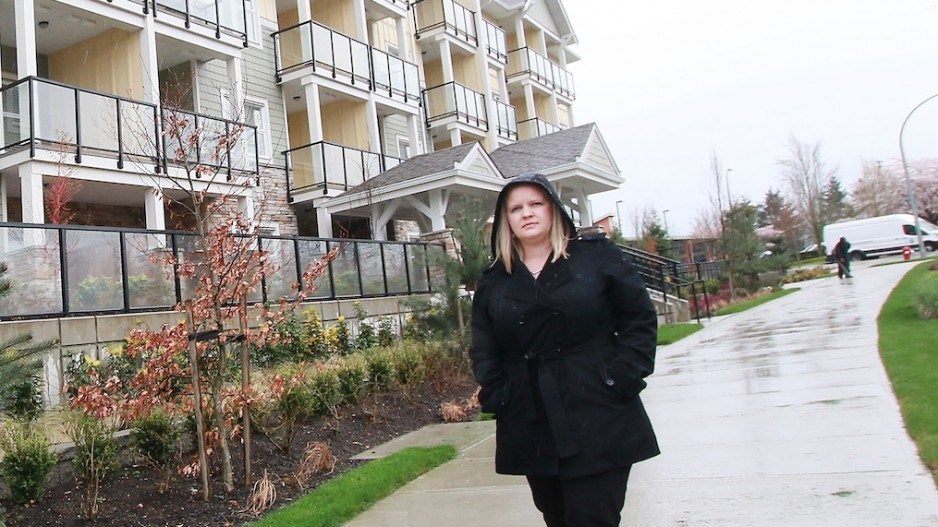A Mutual Fund Dealers Association of Canada hearing panel has approved a settlement agreement against Vasant Pragjibhai Patel, a chartered professional accountant from Surrey.
Patel is now permanently prohibited from conducting securities-related business in any capacity with a mutual fund dealer; he was also issued a $25,000 fine; and he must pay costs of $5,000, according to the MFDA ruling on June 2.
Patel was cited as having played a key role in a high-profile alleged illegal real estate marketing scheme that left some buyers high and dry.
He admitted he engaged in unauthorized sales and investment activity “by recommending or making referrals to at least 15 individuals to invest in, or loan money to, a real estate development project” and “by registering a company and serving as the president and a director of the company” contrary to regulations.
Patel, according to the agreement, also admitted he made “false or misleading satements” to MFDA investigators about what he knew about the scheme.
According to databases for the Chartered Professional Accountants and the Insurance Council of B.C. (ICBC) – both self-regulating bodies – Patel is a standing member of only the former.
CPABC communications manager Vivian Tse acknowledged in early March that the organization is aware of Patel’s MFDA notice of hearing and would “monitor its outcome.”
Tse has been asked for comment on the Patel ruling but had not responded as of press time.
Patel violated policies by moonlighting for a Langley condo investment led by developer Mark Chandler, who was extradited to the U.S. last year on fraud charges.
After becoming a registered dealer in April 2016, Patel did not tell his employer WFG Securities Inc. about his recommending real estate investments to prospective purchasers of the Murrayville House condo development. In 2015, Chandler retained Patel for accounting services. However, he never informed WFG of his involvement with Chandler and Chandler’s group of companies known as Newmark Group.
The MFDA asserted Patel obtained $425,000 in commission for the unreported financial transactions related to real estate investment recommendations that resulted in $4.3 million going to Chandler, who is alleged to have pre-sold units multiple times and not put deposits in a trust.
Subsequently, a receiver was appointed to the development, and it was determined Chandler had secured 149 purchasers for 91 units and was unable to account for $12.2 million paid to his development company, according to MFDA’s hearing notice.
Chandler and his company 0981478 Ltd. still face a notice of hearing from the Office of the Superintendent of Real Estate (OSRE), although the hearing is postponed indefinitely and he is now in a California jail after being extradited last year on fraud charges related to other real estate transactions. As such, the allegations contained within the OSRE notice remain unproven.
No one involved in the Murrayville House condo marketing scheme has been criminally charged in Canada, but Chandler and his companies face several civil proceedings.
Some scorned buyers, whose contracts were nullified, told Business in Vancouver in 2018 that their experience is evidence that the B.C. government needs to step in with strict guidelines for developers conducting pre-sales, and to issue fines when developers break rules and sell units multiple times and pocket deposits without putting them in trust.
What exasperated buyer Elyse Vroom, for instance, is that Chandler had been in receivership before yet escaped being banned from developing further.
His Chandler Homer Street Ventures Ltd. spiralled into receivership in early 2008 after the BC Supreme Court, in 2007, separately froze $35 million of Chandler’s assets after investors alleged he misrepresented real estate deals and forged a multimillion-dollar mortgage document.
- With files from Glen Korstrom




